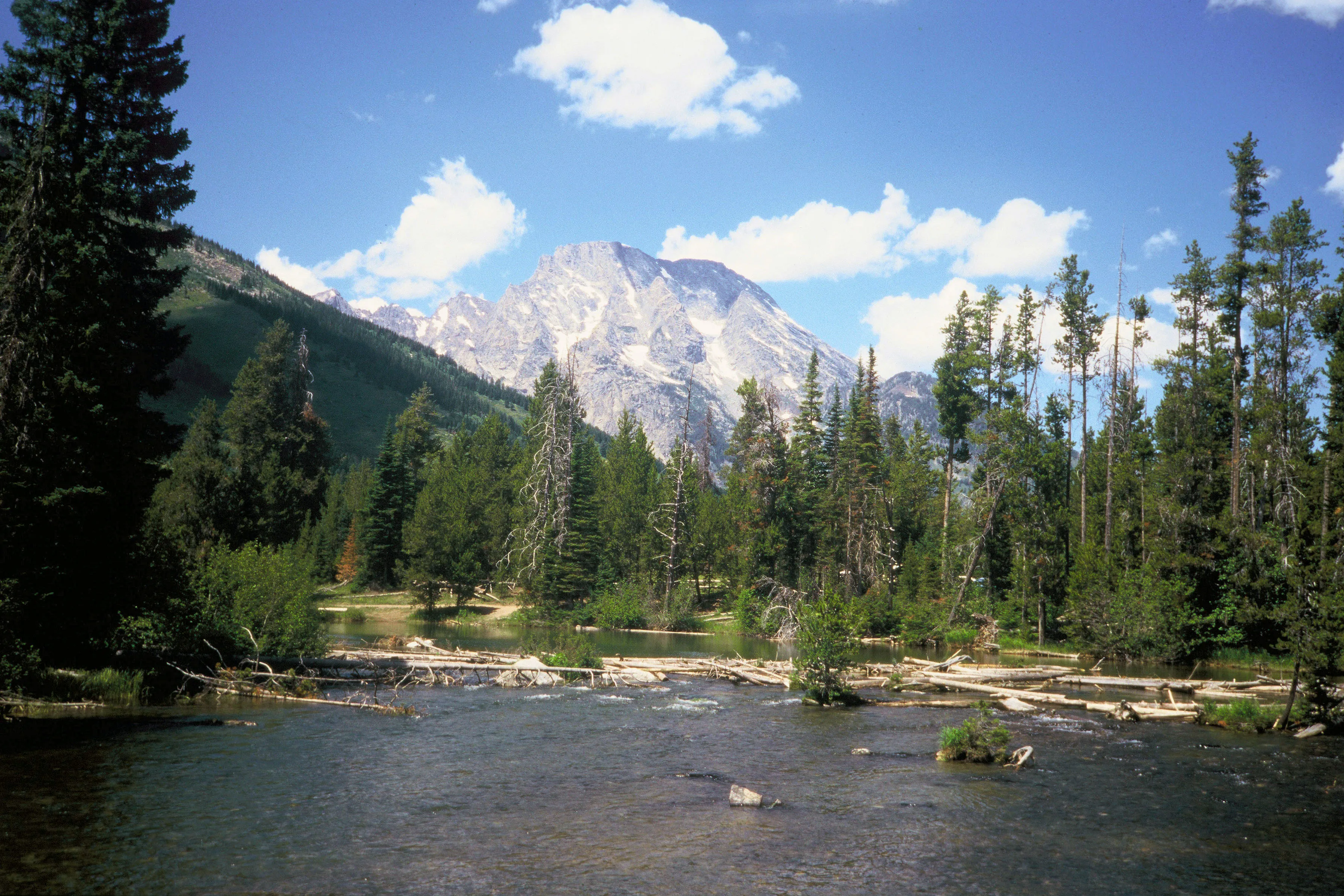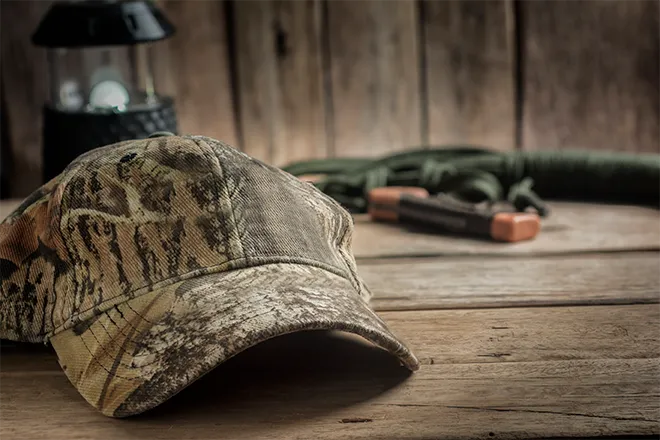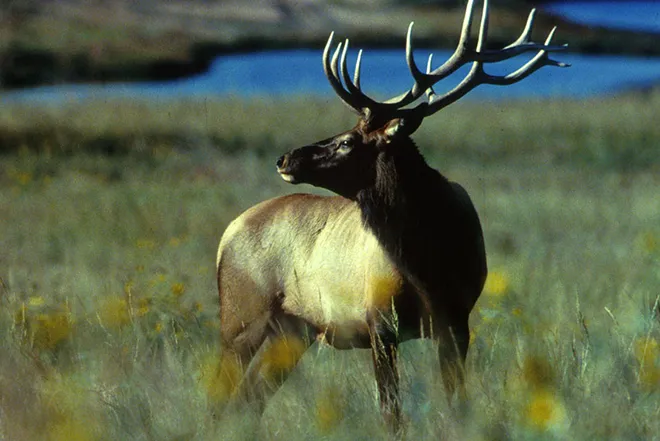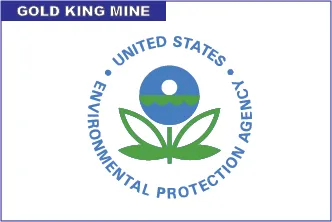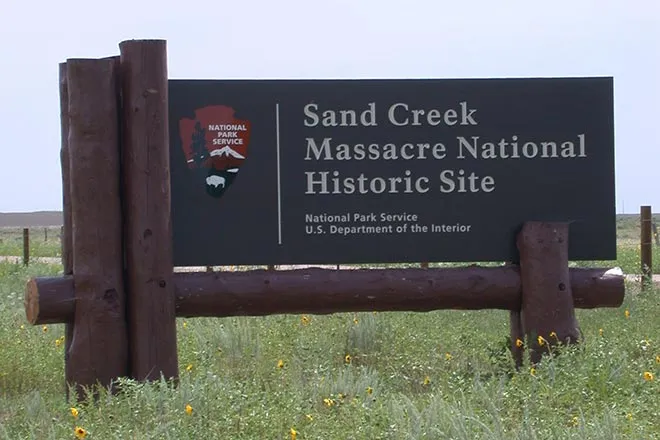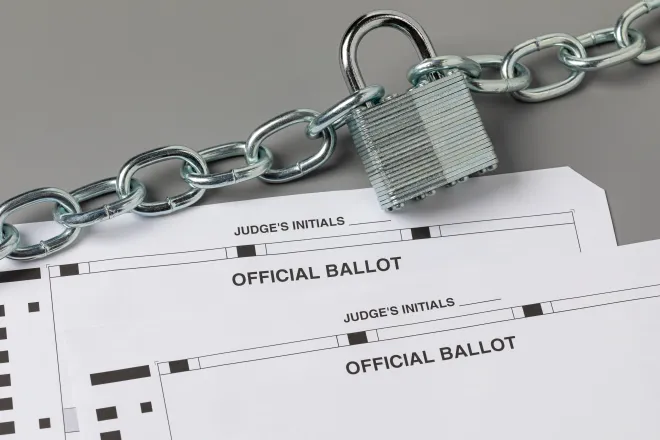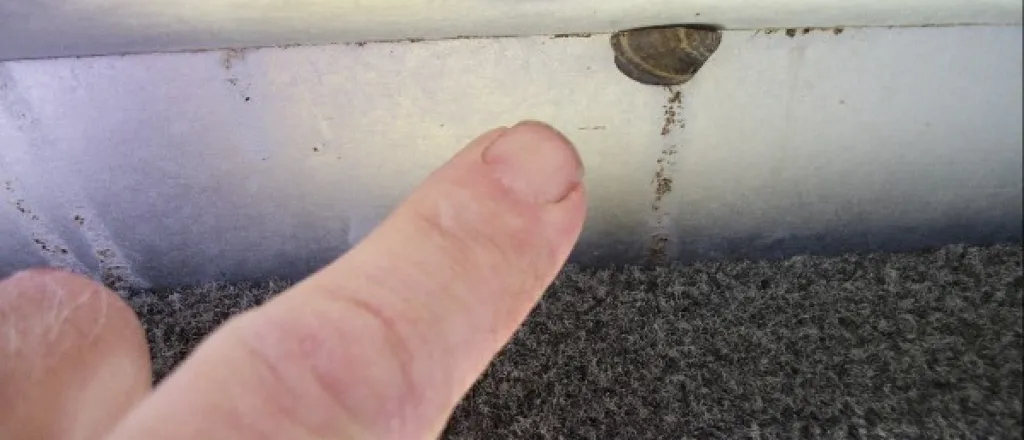
Aquatic nuisance species boat inspections underway in 2019
As the final winter frosts begin to thaw out, reservoirs are opening to boating across the state and Colorado Parks and Wildlife officials are busy ramping up boat inspection stations for the upcoming season. Boat inspections for aquatic nuisance species are mandatory in Colorado and required for trailered motorboats and sailboats entering the state, and prior to launching on most public waters within the state. New this year, an ANS stamp is also required prior to boating in Colorado.
The Colorado State Legislature approved a bill in 2018 that requires Colorado boat owners who operate motorboats and sailboats on public lakes and reservoirs to purchase a $25 ANS stamp annually. The cost of the stamp for out-of-state motorboats and sailboats is $50. Boaters from out of state can purchase online, at CPW offices, or at over 700 sales locations statewide.
“Colorado is one of just a few states in the country that doesn’t have an infestation of adult mussels in any of its waters,” said Elizabeth Brown, invasive species program manager for Colorado Parks and Wildlife. “That’s directly attributable to our mandatory inspection and decontamination program that’s been in place for over a decade now.”
There have been 197 watercraft infested with zebra or quagga mussels intercepted in the state since the program’s inception. CPW has already intercepted one boat infested with quagga mussels and several barges with zebra mussels in 2019. Last year, inspectors intercepted 51 infested watercraft, a huge increase from 26 the year before.
“CPW is very confident in the statewide inspection and decontamination system to protect our waters. However, this program relies on the compliance of the boating community,” said Reid DeWalt, Assistant Director for Wildlife and Natural Resources for CPW. “Boaters need to know the rules and follow them if we are going to be effective at keeping zebra and quagga mussels out of the nation’s headwaters.”
Aquatic nuisance species, such as zebra and quagga mussels, pose a serious threat to natural resources, recreation and the water infrastructure of the state. Mussel infestations cause a variety of major problems. Because mussels consume plankton, they disrupt the food web and out-compete sport fish and native fish. Mussels clog infrastructure, including reservoir dams, outlet structures and distribution systems that carry water for irrigation, municipal and industrial uses. Mussels also infest boats and damage engines.
Mussels have caused billions of dollars in damage, especially in the upper Midwest. Nearby states where mussel infestations exist include Utah, Arizona, Kansas, Texas, Nebraska and Oklahoma. Invasive mussels could have devastating ecological, economic, and recreational impacts if infestations were to establish here.
“Keeping Colorado’s waters free of invasive species is critical to maintaining efficient water delivery and infrastructure systems, and providing high-quality fishing and boating opportunities for our residents and visitors,” said Brown. “The program would not be possible without our numerous partners and the support of boaters and anglers.”
A complete list of Colorado inspection sites and hours of operation, along with information about the ANS stamp, can be found on CPW’s boating page. Always check with your destination reservoir before going to verify hours of operation.
For more information on preventing harmful aquatic nuisance species in Colorado, visit www.cpw.state.co.us.



